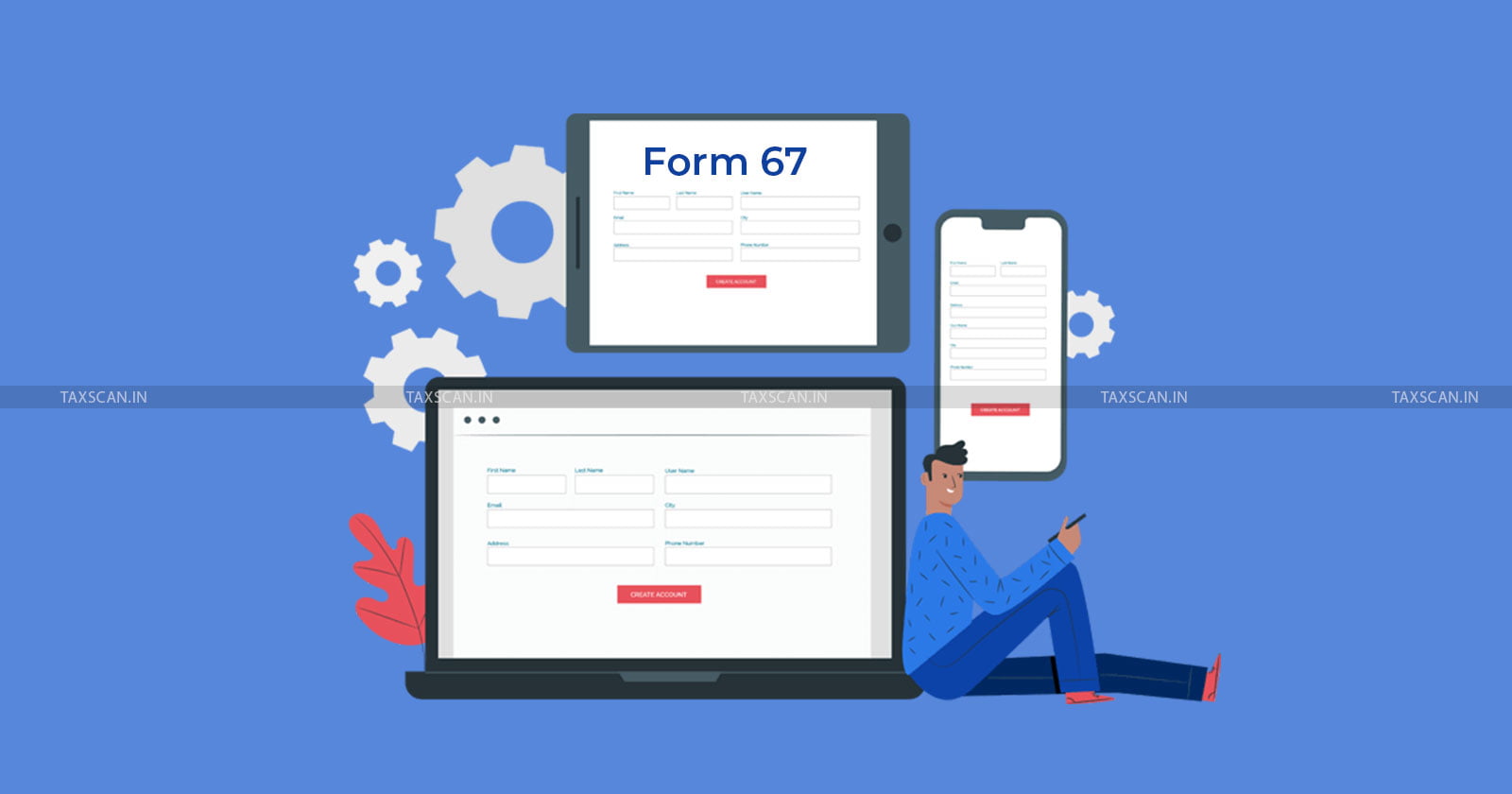Slight Delay in Filing Form 67 Cannot Take Away DTAA Benefit: ITAT Grants Relief to Microsoft Employee for Salary Received in US [Read Order]
The tribunal relied on precedents including Swapan Bhattacharya, Rahul Anand, and Duraiswamy Kumaraswamy, which consistently held that procedural lapses should not defeat DTAA benefits.
![Slight Delay in Filing Form 67 Cannot Take Away DTAA Benefit: ITAT Grants Relief to Microsoft Employee for Salary Received in US [Read Order] Slight Delay in Filing Form 67 Cannot Take Away DTAA Benefit: ITAT Grants Relief to Microsoft Employee for Salary Received in US [Read Order]](https://images.taxscan.in/h-upload/2025/06/18/2050048-itat-kolkata-form67-delay-dtaa-benefit-itat-microsoft-employee-salary-us-taxscan.webp)
The Kolkata Bench of Income Tax Appellate Tribunal ( ITAT ) granted relief to a Microsoft employee for salary received in the US, holding that a slight delay in filing Form 67 cannot take away Double Taxation Avoidance Agreement (DTAA) benefit.
Vivek Tiwari,appellant-assessee,, worked with Microsoft India (R&D) Pvt. Ltd. during AY 2020-21 and received salary in both India and the USA. Since he was a resident under the Income Tax Act, his global income was taxable in India. He filed his return on 28.12.2020, declaring income of ₹72.2 lakh, including ₹58.04 lakh from the USA, and claimed foreign tax credit (FTC) of ₹16.49 lakh. He filed Form 67 for claiming FTC on 18.01.2021, eight days after the due date of 10.01.2021.
Complete Clause by Clause Checklist for Form 3CD, Click HERE
The Centralized Processing Centre (CPC) processed his return under Section 143(1) without granting the FTC and raised a demand of ₹20.8 lakh. Although he filed a rectification request, the credit was not allowed. On a tax consultant’s advice, he filed a rectification application with the Assessing Officer (AO) and also appealed before the Commissioner of Income Tax(Appeals)[CIT(A)].
Before CIT(A), he argued that the delay was minor, the credit was supported by documents, and the filing of Form 67 was a procedural requirement not mandatory. He also relied on the India-USA DTAA, Section 90 of the Act, and the amended Rule 128(9), which allowed more time to file Form 67.
However, the CIT(A) held that Form 67 was filed late and upheld the disallowance of FTC, citing CBDT Notification and relevant case laws. The appeal was dismissed, leading to the present appeal before the ITAT.
The two member bench comprising Sonjoy Sarma (Judicial Member) and Rakesh Mishra (Accountant Member) considered the rival submissions and the facts of the case. The assessee had relied on several judicial precedents to support the claim that filing of Form No. 67 is a directory requirement and not mandatory for claiming FTC. The decisions included those of various High Courts and the Kolkata ITAT.
 Also Read:Procedural Delay in Filing Form 67 not a ground to deny Foreign Tax Credit: ITAT [Read Order]
Also Read:Procedural Delay in Filing Form 67 not a ground to deny Foreign Tax Credit: ITAT [Read Order]
The tribunal observed that similar issues had already been adjudicated in the case of Swapan Bhattacharya vs. ACIT and other coordinate Bench decisions, including Rahul Anand, Jaspal Singh Bindra, and Duraiswamy Kumaraswamy. In these cases, it was consistently held that Form No. 67, though required to be filed as per Rule 128(9), is only procedural in nature.
The failure to file the form within the due date under Section 139(1) does not extinguish the substantive right of claiming FTC under Section 90 of the Act read with Article 25(2)(a) of the India-USA DTAA.
The appellate tribunal noted that neither Section 90 nor the DTAA mandated denial of FTC for procedural lapses. It also referred to Supreme Court rulings in Mangalore Chemicals & Fertilizers Ltd. and Engineering Analysis Centre of Excellence (P.) Ltd., which emphasised that DTAA provisions prevail over conflicting provisions of the Income Tax Act unless the latter are more beneficial to the taxpayer.
How to Audit Public Charitable Trusts under the Income Tax Act Click HERE
Respectfully following the coordinate Bench rulings and the decision of the Madras High Court in Duraiswamy Kumaraswamy, the ITAT held that the delay in filing Form No. 67 could not be a valid ground for denying FTC. Accordingly, the Tribunal allowed the claim for FTC and directed the AO to grant the credit in accordance with the law and the applicable DTAA.
The tribunal also noted discrepancies in the tax computation regarding capital gains and directed the AO to verify the return and computation and allow appropriate relief. Thus, the appeal was allowed.
Support our journalism by subscribing to Taxscan premium. Follow us on Telegram for quick updates


